

2018-05-17 07:41:00 Thu ET
technology social safety nets education infrastructure health insurance health care medical care medication vaccine social security pension deposit insurance
Has America become a democratic free land of crumbling infrastructure, galloping income inequality, bitter political polarization, and dysfunctional governance? Key measures of American public engagement, satisfaction, and confidence are near historic low rates. These measures encompass voter turnout, general knowledge of socioeconomic public policy issues, and individual respect for basic government institutions.
U.S. infrastructure needs a comprehensive upgrade as income inequality soars in America. After some adjustment for U.S. CPI core inflation, the middle-class wages have been nearly frozen over the past 4 decades in America, whereas, the top 1% upper-class income triples over the same time frame.
Family stock ownership concentration also exacerbates U.S. economic inequality in comparison to OECD standards. The government bails out banks and millions of Americans lose their homes and jobs in the recent decade during the subprime mortgage crisis from 2008 to 2009.
The gradual economic recovery produces pecuniary fruits exclusively for the rich. In stark contrast, the bottom 99% population experiences an income uptick of less than half of 1%. Only the American democracy that discards its major mission of holding the social community together would produce these inadvertent results and consequences.
In a positive light, however, there are more socioeconomic opportunities available nowadays for women, non-whites, and other minorities. Technological advances and miracles happen in U.S. labs, world-class universities, and tech startups that specialize in robotic automation, medical diagnosis and treatment, data analysis and visualization, or artificial intelligence.
Despite this positive progress, the U.S. meritocratic class continues to master the old trick of passing socioeconomic advantages and privileges from one generation to the next. The resultant hereditary elite income and wealth concentration harms social mobility to the harsh detriment of many minorities and immigrants in America. Greater social mobility requires a reasonable reversal of fortune via progressive capital taxation, inclusive education, universal healthcare, ubiquitous employment, social security, and less crony capitalism (such as family ownership concentration).
If any of our AYA Analytica financial health memos (FHM), blog posts, ebooks, newsletters, and notifications etc, or any other form of online content curation, involves potential copyright concerns, please feel free to contact us at service@ayafintech.network so that we can remove relevant content in response to any such request within a reasonable time frame.
2023-11-21 11:32:00 Tuesday ET

Nobel Laureate Paul Milgrom explains the U.S. incentive auction of wireless spectrum allocation from TV broadcasters to telecoms. Paul Milgrom (2019)
2025-10-04 13:37:00 Saturday ET
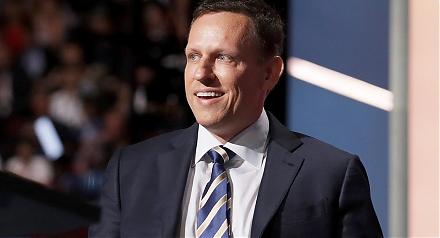
Stock Synopsis: With a new Python program, we use, adapt, apply, and leverage each of the mainstream Gemini Gen AI models to conduct this comprehensive fund
2018-11-03 11:36:00 Saturday ET
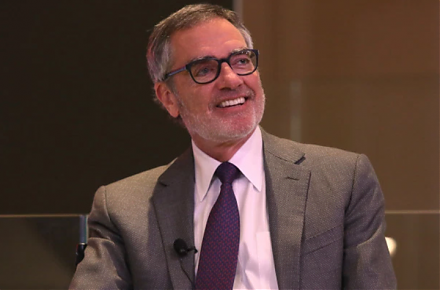
Apple adds fresh features to its new iPad Pro and MacBook Air in addition to its prior suite of iPhone XS, iPhone XS Max, and iPhone XR back in September 20
2018-06-14 10:35:00 Thursday ET
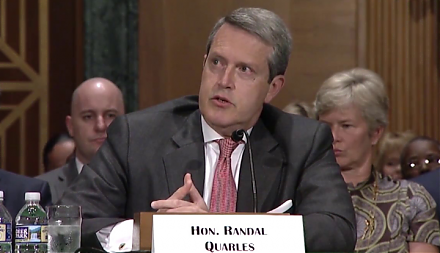
The Federal Reserve's current interest rate hike may lead to the next economic recession as credit supply growth ebbs and flows through the business cyc
2024-07-31 09:28:00 Wednesday ET
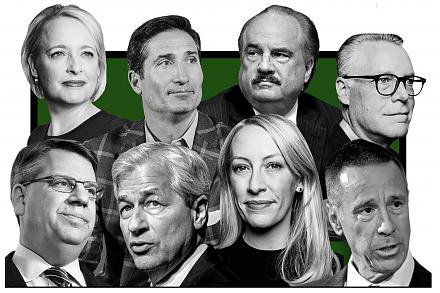
In the modern monetary system, each new CBDC helps anchor public trust in money in support of economic welfare, especially in a cashless society. In our
2019-10-31 13:38:00 Thursday ET
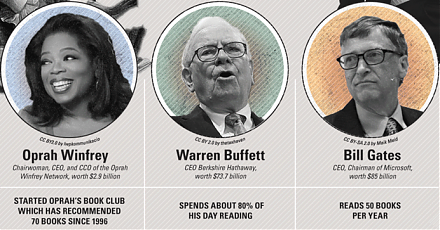
AYA Analytica finbuzz podcast channel on YouTube October 2019 In this podcast, we discuss several topical issues as of October 2019: (1)